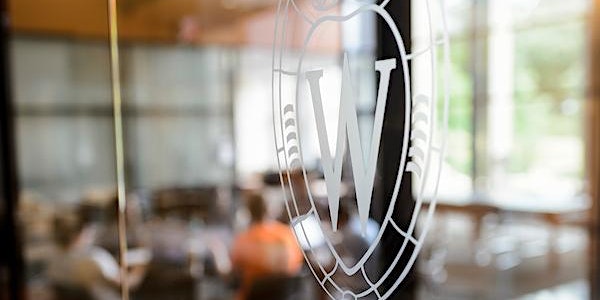
Registrations are closed
Registration for this event has ended. Please use the following link to join the event virtually: https://uwmadison.zoom.us/j/93474558675
2024 Wisconsin International Law Journal Symposium
Central Banking in a Time of Crisis: An International & Interdisciplinary Perspective
Date and time
Location
University of Wisconsin - Memorial Union
800 Langdon Street Madison, WI 53706About this event
This conference brings together scholars from a variety of disciplines and countries to discuss the structure, powers and independence of central banks and how they respond to crises such as the 2008 financial crisis, the COVID-19 pandemic and climate change.
In a crisis, a central bank should maintain its neutrality in the credit market by lending freely at a punitive rate to banks. This arrangement means that the loans will be temporary, and that banks will maintain their role as primary decision-makers in the allocation of credit. But time and again, the Federal Reserve and other central banks have violated the rules of this playbook to restore stability to financial markets during crises. Such departures have prompted charges of hypocrisy, politicization and calls for banks to acknowledge their political power to intervene on behalf of various causes.
During the COVID-19 pandemic, the Federal Reserve used its Section 13(3) authority, which allows it to provide liquidity to non-bank commercial entities. Since the Federal Reserve doesn’t typically loan commercially, this authority is only available in times of crisis when at least five governors find that “exigent and unusual circumstances” exist. The use of the Section 13(3) power during the pandemic led to the creation of many new facilities, some of which extend credit to the real economy. Many critics have argued that the creation of these facilities went beyond the authorized powers of the Federal Reserve, therefore requiring congressional approval.
Prompted by these developments, this conference asks the following questions: What is the true role of a central bank, and how is such a role defined by law and politics? How do other central banks differ in their governance and authority, particularly in times of crisis? Have these crises pushed central banks beyond their proper boundaries, or have they revealed that such boundaries were never meaningful in the first place? And finally, do the answers to these questions suggest that the structures of the central bank need reform or even a radical overhaul?
Contact Sarah Verzal at sverzal@wisc.edu with questions about this event. If you require an accommodation for this event or have special dietary needs, please note it in your registration on Eventbrite or contact Bekah Blumenfeld at rblumenfeld2@wisc.edu.